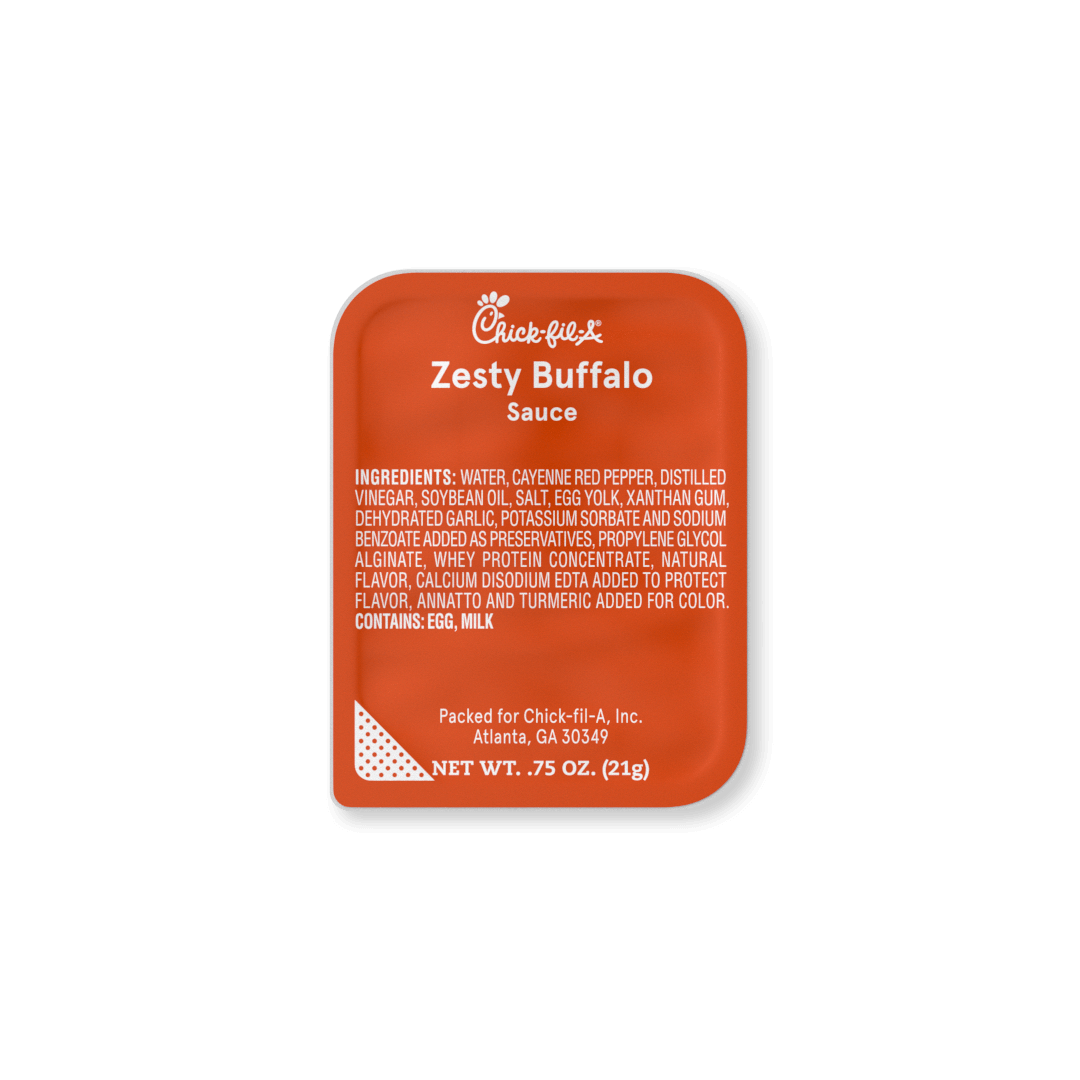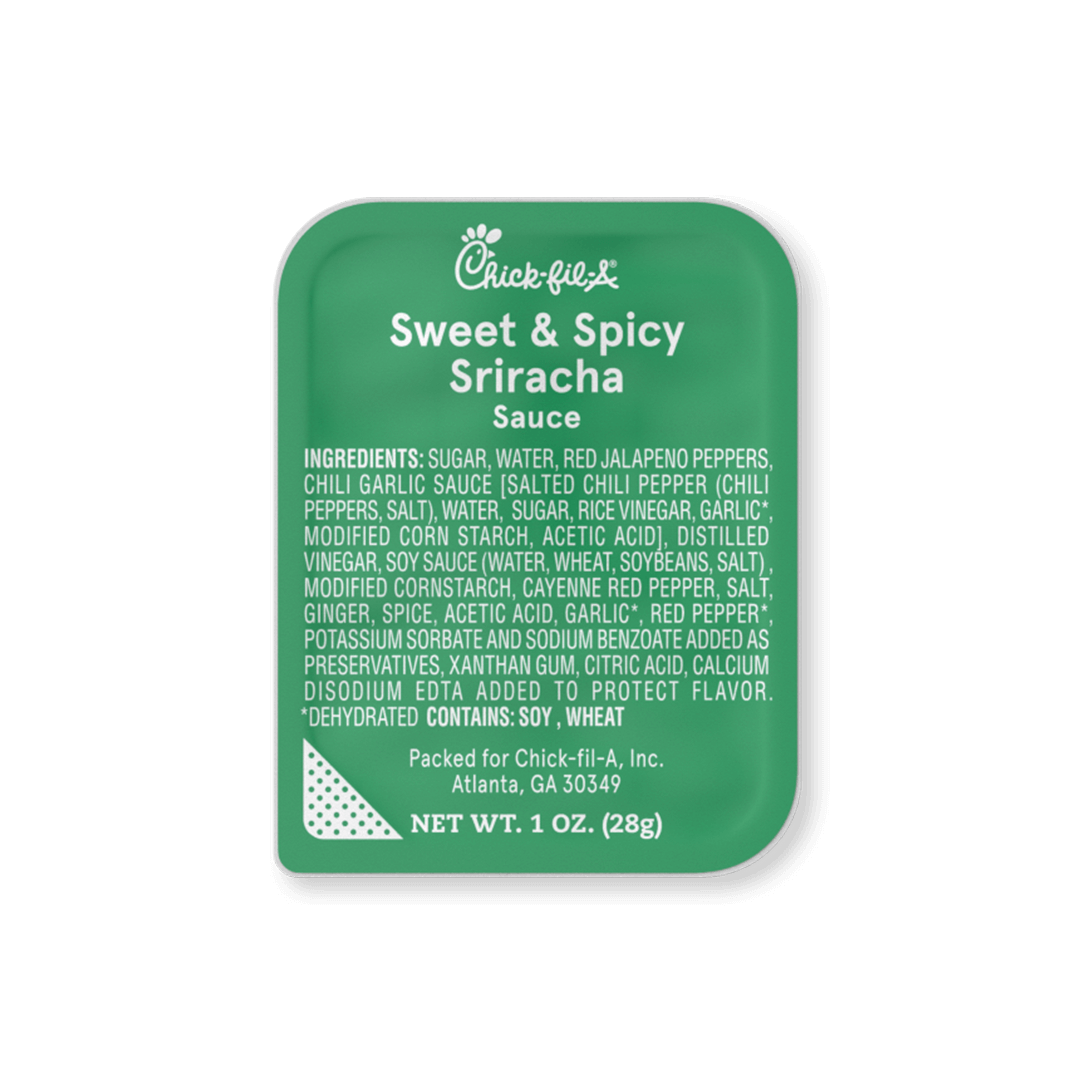Chicken nuggets are a beloved fast food item, enjoyed by people of all ages for their crispy exterior tender interior and dipping sauces. But beyond their delicious taste lies an interesting world of food science, history, and even environmental impact. To fully appreciate these tasty morsels, it helps to understand what they’re made of, how they’re prepared, and most importantly – how much does a chicken nugget actually weigh?
The Average Weight of a Chicken Nugget
On average, a single chicken nugget weighs between 16 to 20 grams, or 056 to 0.71 ounces However, this can vary substantially depending on factors like
-
Brand: McDonald’s nuggets are known for being on the lighter side around 16 grams, while brands like KFC and Popeyes tend to be heavier.
-
Cooking method Deep-fried nuggets absorb oil, slightly increasing their weight compared to baked or air-fried
-
Size: Some fast food places offer larger “premium” nuggets that weigh more.
To illustrate, here are the average weights for nuggets from popular fast food chains:
- McDonald’s: 16 grams
- Burger King: 20 grams
- KFC: 22 grams
- Popeyes: 24 grams
- Homemade: 18-25 grams
So while the typical nugget weighs about 3⁄4 of an ounce, the recipe and preparation impact the precise weight.
The Composition of a Chicken Nugget
Chicken nuggets contain a blend of ingredients that give them their unique flavor, texture, and shape:
-
Chicken: Boneless chicken meat, often breast or thigh.
-
Breading: Provides the crispy exterior, usually containing flour, breadcrumbs, and seasoning.
-
Binders: Ingredients like eggs or starches help hold the nugget together.
-
Flavorings: Salt, pepper, garlic powder, onion powder, etc. add taste.
-
Preservatives or additives: May be included by some brands to extend shelf-life.
Homemade nuggets allow customizing these ingredients, while fast food versions prioritize consistency and efficiency in preparation.
How Cooking Method Impacts Weight
The cooking technique used for chicken nuggets affects their final weight:
-
Deep frying leads to oil absorption, increasing weight slightly compared to other methods.
-
Baking produces a crispy exterior without added fat, retaining less moisture.
-
Air frying gives a crunchy texture similar to deep frying without excess oil.
While deep frying has traditionally been popular for commercial nuggets, air frying has gained favor as a healthier trend for homemade versions.
The Calorie Content Based on Weight
A nugget’s weight significantly impacts its calories and nutritional value. Here’s the approximate breakdown for a 20 gram chicken nugget:
- Calories: 50-60
- Protein: 3-4g
- Fat: 3-4g
- Sodium: 200-300mg
While nuggets can provide protein, their calorie density means moderation is key. Knowing the weight helps properly manage portion sizes.
A Brief History of the Chicken Nugget
Chicken nuggets were invented in the 1950s by Cornell University professor Robert C. Baker. His innovation created bite-sized chicken pieces that were easy to cook and serve.
But it wasn’t until the 1980s when McDonald’s introduced the “McNugget” that nuggets became mainstream. Their popularity skyrocketed, leading most fast food chains to offer their own take.
Preparation Methods for Commercial Nuggets
Here is the typical commercial process for making chicken nuggets:
-
Chicken is ground into small pieces for even cooking.
-
Binders, seasonings, and other additives are mixed into the minced chicken.
-
The mixture is shaped into nugget forms and coated in batter.
-
Nuggets are deep fried or baked until golden brown and crispy.
-
They may be flash frozen for storage and distribution.
This efficient process allows for mass production while delivering a consistent product.
The Appeal of Homemade Chicken Nuggets
Many people prefer homemade nuggets over commercial versions for several reasons:
-
Ability to use high-quality fresh chicken.
-
Customizing flavors by experimenting with marinades or spice blends.
-
Control over healthier cooking techniques like baking or air frying.
-
Avoiding unwanted additives found in store-bought varieties.
-
Tailoring to specific dietary needs or preferences.
With the right recipe, homemade nuggets can be nutritious and delicious.
Global Cultural Variations
While the American-style chicken nugget is ubiquitous globally, many cultures have put their own spin on this popular dish:
-
Japanese katsu features panko-breaded cutlets with tonkatsu sauce.
-
Latin American nuggets incorporate spices like cumin.
-
Indian street food stuffs crispy shells with spiced chickpeas for a unique twist.
These adaptations showcase the versatility of chicken nuggets across cuisines.
The Environmental Considerations of Nuggets
As consumer awareness grows regarding sustainability, the environmental impact of nugget production has come under scrutiny:
-
Poultry farming practices that focus on humane treatment and waste reduction are preferred.
-
Transportation emissions from long-distance shipping can be mitigated by sourcing local ingredients when possible.
-
Packaging waste can be minimized by buying homemade or bulk options to avoid single-serve portions.
Being an informed consumer helps make eco-friendly choices when buying chicken nuggets.
The Lasting Popularity of a Fast Food Favorite
The chicken nugget has secured its place in popular culture beyond just another fried food. Its nostalgic familiarity appeals across generations. Innovations like plant-based varieties and air frying show the versatility of this staple continues evolving to meet consumer demands.
So next time you enjoy a hot, crispy nugget, appreciate the fascinating backstory behind this bite-sized piece of culinary history.

Sweet & Spicy Sriracha Sauce

Garden Herb Ranch Sauce


How much do fast food chicken nuggets weigh! finding the best value to weight ratio.
FAQ
How much does one Chicken McNugget weigh?
Portion of four McNuggets weighs about 70 grams. A single chicken McNugget would weigh 17.5 grams or 0.6 ounces.Oct 18, 2011
What weight is a chicken nugget?
The average size of one chicken nugget is approximately 15 gm and the price is $34.00 kg. Please enter the number of chicken nuggets you require per 250 gm.
How many ounces is one chicken nugget?
How many nuggets is 100g?
5 pieces (100 g) of Chicken Nuggets contains 220 calories (kcal), 11.6 g fat, 16.7 g carbs and 11.2 g protein. prot.
How much does a McDonald’s chicken nugget weigh?
Each McDonald’s chicken nugget weighs 16.5g. With 100% seasoned chicken breast, the McDonald’s chicken nuggets have a matchless taste – right what you crave.
How much does a chicken nugget weigh?
The weight of chicken nuggets ranged from 18.28 – 29.77g and cooking loss value ranged from 3.37 – 13.05%. The hardness, cohesiveness, springiness, gumminess and chewiness ranged between 33.36 – 77.45, 0.61 – 0.80, 1.00 – 1.23, 21.26 – 61.66 and 23.02 – 66.13, respectively.
How much does a single McNugget weigh?
The heaviest McNugget weighed 17.4 g (or about a handful of paperclips). McDonald’s does not sell nuggets in stores individually, but you can buy a 10-pound bag of Tyson Tempura Chicken Breast Nuggets online if desired.
